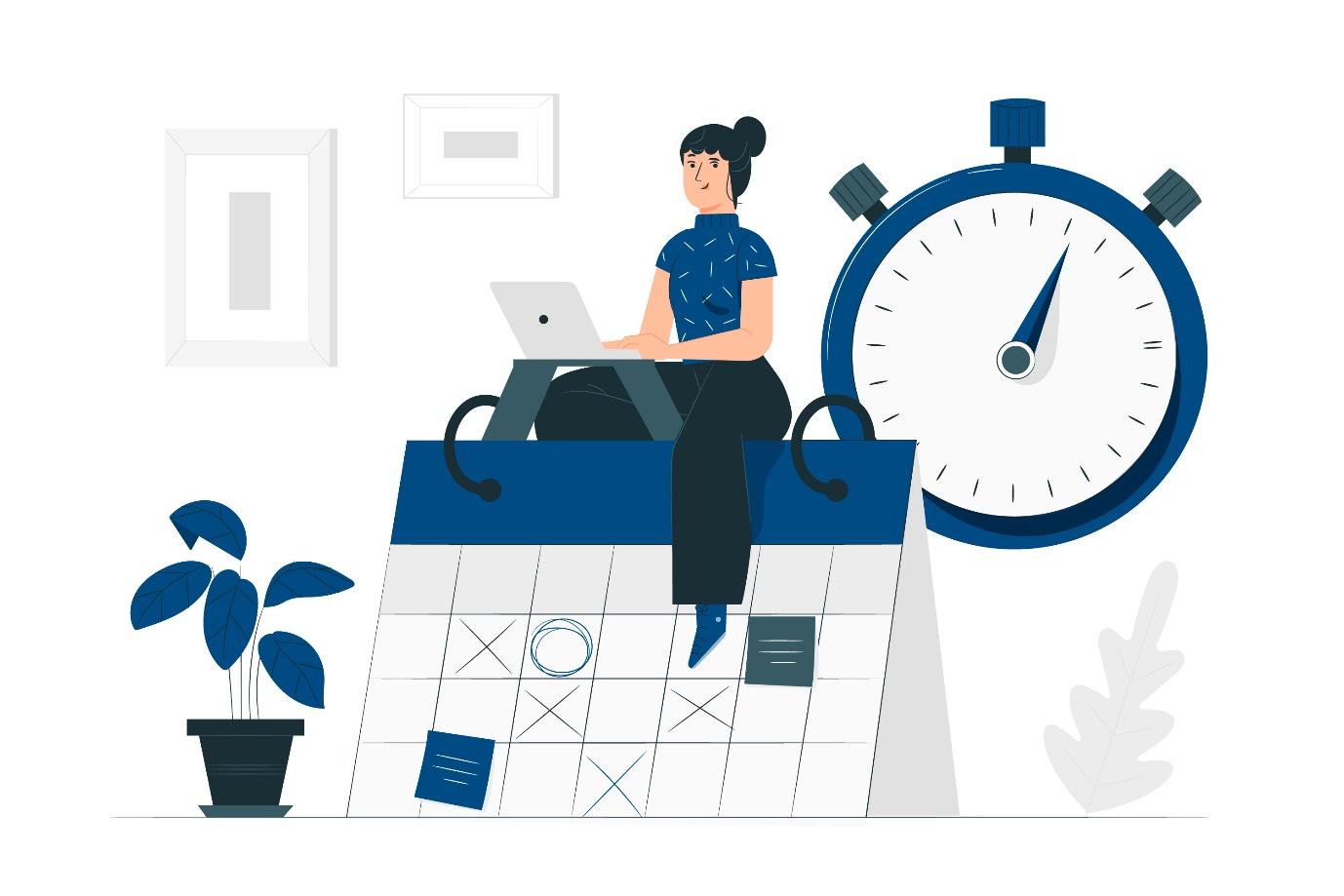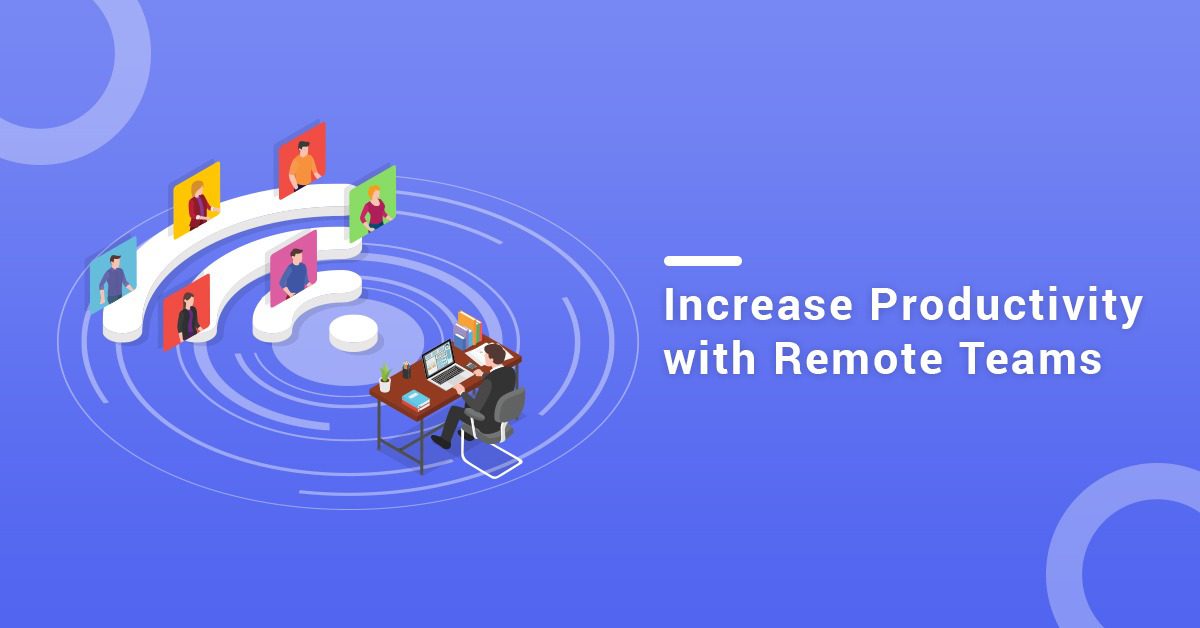
Source: https://www.pexels.com/photo/man-using-laptop-3360204/
No one imagined the impact of the pandemic, which ravaged in 2020. While we’re all beginning to see a path to recovery, many global economic sectors still assess the damage and ways forward.
For a freelancer, the news had its ups and downs. The freelance industry saw an activity drop in the early stages of the pandemic and losses due to companies downsizing on a remote workforce. Also, businesses are looking to employ more freelancers to brace the scourge of economic lockdowns. In summary, the current trend in the gig economy is topsy-turvy.
What does it mean for you? Unfortunately, freelancers now face job uncertainty which might devolve into a grim and sticky situation if not managed properly. From daily task reporting to honest financial review, the comprehensive guide seeks to help you manage job uncertainty during the COVID-19 crisis.
Assess your financial state
It can confuse you about where to begin handling any economic crises. However, covering the basics is the recommended way to go. You’ll want to know hard the crisis has hit your earning base, and more importantly, your ability to earn.
Before the pandemic, it was easy to fall into the temptation to think you can stabilize your financial health theoretically. Still, a freelancer needs to understand how current finances can affect financial goals in the long-term.
It would help if you evaluated your net worth, tracking it over several months to get your financial state’s visibility. The evaluation would also help you map out strategies to address risk areas and improve on your progress.
It’s time to train
The one obvious thing is the beginning of a slow transition away from COVID-19, but it would mean an even greater uncertainty level on the other side.
What strategies would businesses adopt? How would you be able to deliver on new job scopes? Freelancers have to take time out to plan and train for the coming changes. Its benefits include equipping you for more unique engagement levels and adapting to a crisis-induced flux in the industry.
Since the primary goal for a freelancer (or any business, for that matter) is to improve service delivery, planning can allow you to predict the next market trends and follow through on compliance. If you have a team, you’d want to keep them prepared for more job prospects. You would make provisions for enough time to go through the brainstorming stage down to job execution.
Diversify your skillset
One of the ways to take advantage of the prevailing job uncertainty is to prepare for anything. The gig economy has always been witnessing a constant change in specific skill demand, and it would only get exacerbated by an economic reboot.
Having multiple skills also broadens your career development potentials. The demand for specific skills changes over time. Coupled with the fact that a significant number of organizations prefer full-time employment, you improve your chances in the long run.
Furthermore, picking up certification on a different skill would greatly help your competitive chance. Since the lockdown also affords you some free time in your work-from-home schedule (unless you’ve always worked from home), now seems the best time as ever to learn something new. Interestingly, learning a new skill can offer a handy distraction from the world’s chaos due to COVID-19.
Leverage your network
You can’t overemphasize the benefits of networking in the gig economy even if you tried. However, the veritable medium for sharing information and opportunities is necessary more than before in a global COVID-19 pandemic.
Consider keying into new freelance networks and leveraging existing ones for critical leads. An excellent cure for job uncertainty is the availability of new (and sometimes more significant) projects and clientele, and you get such with minimum effort from networks.
Weigh your survival chances
Considering how expansive the pandemic’s adverse effects have been, it would be unrealistic to think everyone would come out of it alive. International and small businesses would have to face challenging and unpredictable conditions, which would lead to dropping by the wayside for some.
Try not to forget that COVID-19 is severe enough to dump out of freelancing completely. Unify all your plans and evaluate how much of a fighting chance they give you. Take advantage of newer time management strategies to help manage schedules more effectively. Software programs like timenotes.io can improve your earning potentials through daily task reporting and time-based enhancements.
Wrapping up
Amid the raging COVID-19 crisis, it is important not to downplay the reasons to be a freelancer. You want to deliver valuable services to clients, stay in business and make a living from them. Therefore, it is pertinent to work hard at keeping up and pushing through.
The above-listed guide helps you manage your job uncertainty stemming from the ongoing economic strains.
Author’s BIO: Lori Wade is a journalist from Louisville. She is a content writer who has experience in small editions, Lori is now engaged in news and conceptual articles on the topic of business. Time management is critical to career success. That is why she uses the daily tasks reporting to stay in the lead at all times. If you need more tips on time management, entrepreneurship, or leadership, you can find her on LinkedIn.








